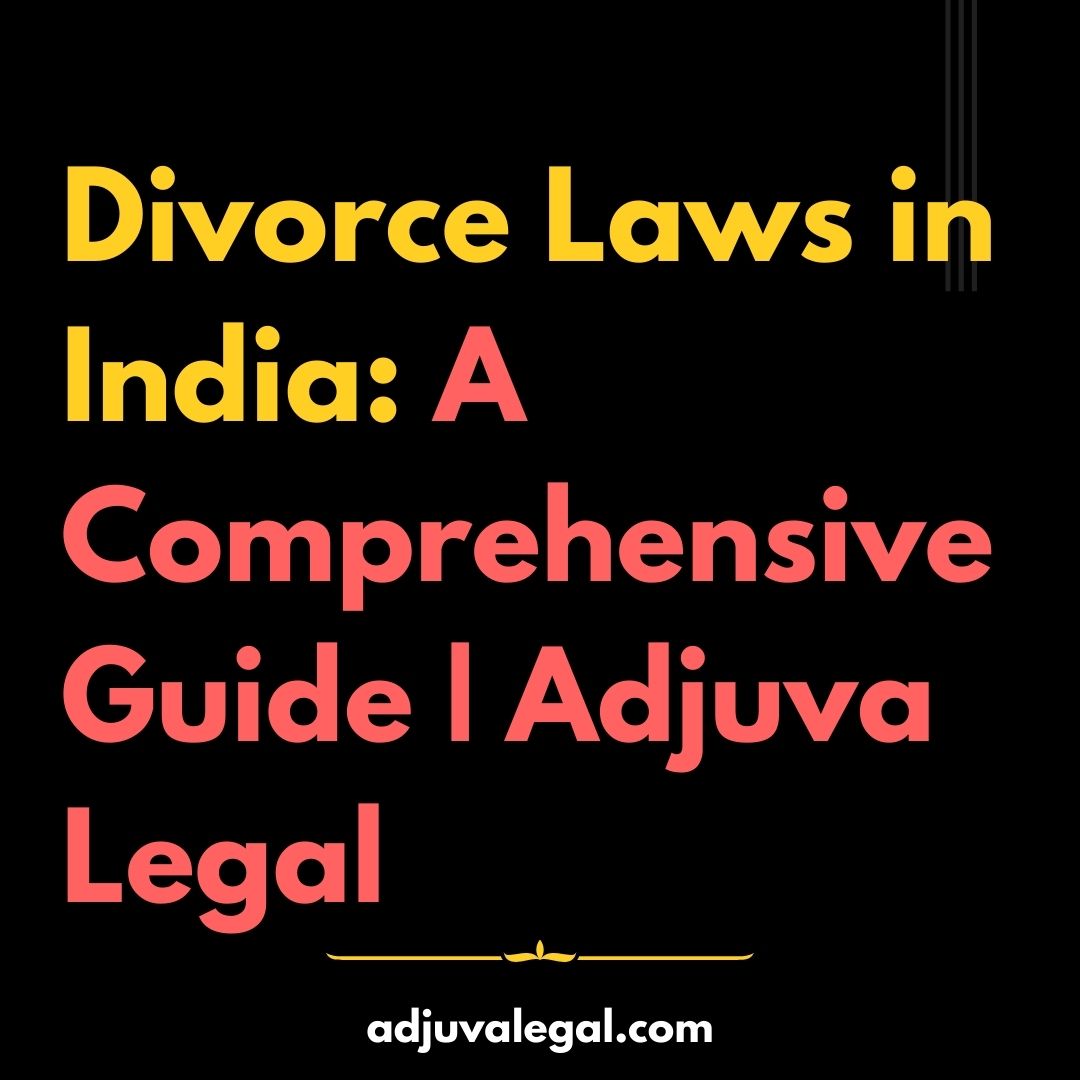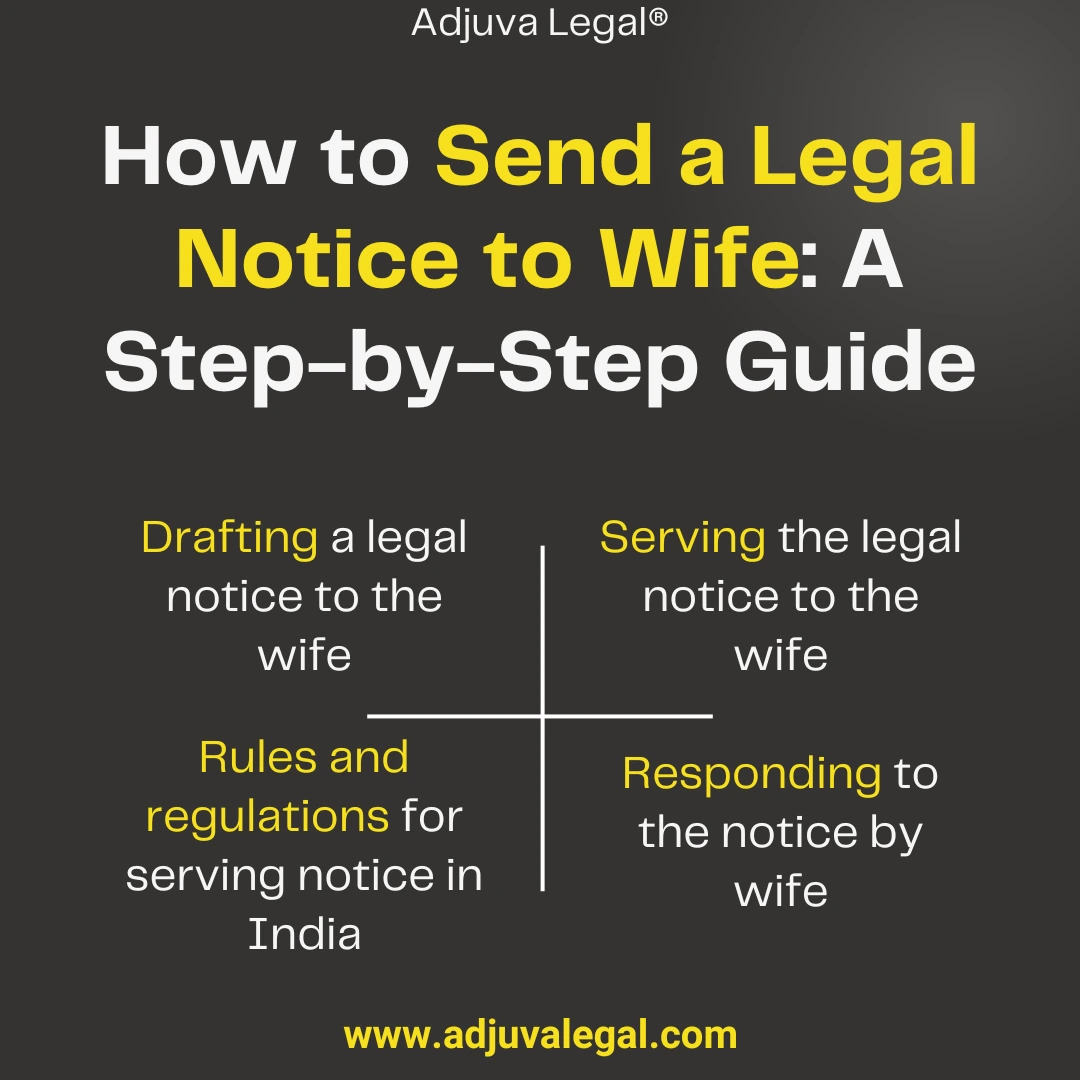What is Hindu personal law and why is equality important?
Hindu Law is bifurcated between admirers of two schools. Mitakshara School and Dayabhaga School collectively and distinctly formulate the branch of Hindu Law. Schools have been slightly unequal in terms of unbiased rights of succession to the woman belonging or subject to that school.
Mistakshara School did not consider the daughter as a coparcener in joint Hindu family property. And, widows subject to the concept of Mitakshara will only have access to the property till their lifespan. The Mitakshara School totally deprived a woman of having right over the property.
Manusmriti is an ancient source of Hindu Personal Law that governed the entire coaster of the religion in history. Manusmriti is evidently biased towards the female gender and is heavily criticized by various jurists of Hindu Law. It considers that marriage is a sacred conjugal bond for concurrent and 6 subsequent births and divorce does not mark a presence in the Hindu regime.
The smriti clearly opined women opting for divorce and remarrying are unsanctified. Widow Remarriages were prohibited and Child marriages were vogue of the era.
Social reformers through campaigns, Legislature through amendments in existing legislation and introduction of maiden legislations, and Courts with umpteen precedents have continued to reform the persisting disparity in the Hindu personal law.
Constitution of India: Article 15 (1) of the Constitution of India ensures, Prohibition of discrimination on grounds of religion, race, caste, sex, or place of birth
(1) The State shall not discriminate against any citizen on grounds only of religion, race, caste, sex, place of birth, or any of them.
Reforms in enactments of Hindu Law
1. Hindu Marriage Act, 1955
The aforementioned enactment itself is proof of evolution in the orthodoxy of Indian society. Marriage is considered a ‘Sanskara’ by Hindus and it cannot dissolve. The dissolution of marriage was considered an initiative against the custom.
But, section 13 in the act brought everlasting reforms and combated a persisting inequality. In 2010, the legislature attempted to bring several other changes by including sections 13C(1), 13D, and 13E in the act to make it more gender neutral and circumvent the way of patriarchy.
The bill was passed in the upper house but lapsed in the Lok Sabha. Moreover, divorce with mutual consent enshrined in section 13B of the act is an epitome of the evolution in the law.
2. The Hindu Adoption and Maintenance Act, 1956
The Personal Laws (Amendment) Act of 2010 eradicated gender bias and made a neutral provision by substituting section 8 and amending section 9 of the existing act. Subsequently, the amendment of 2010 made the concept of giving a child in adoption equivalent for both males and females.
3. The Hindu Succession Act, 1956
Hindu Succession Act of 1956 contains provisions for inheritance and succession in the coparcenary property and the self-acquired property.
Section 23 of the act contained a special provision regarding the dwelling house. The said provision disentitled a female heir to ask for partition in respect of a dwelling house wholly occupied by a joint family until the male heirs choose to divide their respective shares therein. And, she did not possess a share in the coparcenary property. The section was repealed by the Hindu Succession (Amendment) Act, 2005.
The aftermath of the amendment was still a bone of contention as various courts interpreted the amendment’s applicability in diverted directions. Few courts considered that the act does not have a retrospective nature and hence it will only be applicable to daughters born after 2005 or whose fathers are dying by leaving a property after 2005. In Prakash vs. Phulwati (1) (2 SCC 38 2016), the apex court declared that the amendment of 2005 is not retrospective in nature. And, the same interpretation was reiterated in Danamma vs Amar in 2018 (2) (3 SCC 343 2018).
Nonetheless, the apex court considered a matter of the same issue in Arunanchala Gounder (Dead) vs. Ponnuswamy (3) ((CIVIL APPEAL NO. 6659 OF 2011)) and declared that the amendment of 2005 has retrospective effect. And, it reinterpreted the intent of the legislature by stating that self-acquired property of males subject to Hindu religion dying intestate would devolve by inheritance instead of succession.
Moreover, reforms in daughter’s equal coparcenary right as a male heir in joint Hindu family property were brought in the case of Vineeta Sharma vs. Rakesh Sharma (4) ((CIVIL APPEAL NO. DIARY NO.32601 OF 2018)).
Conclusion – Summing up the importance of equality reform in Hindu personal law
Hindu personal law is an amalgamation of various textbooks, holy books, customs, and usages. Enactment of the Hindu Marriage Act and then subsequent act in the series in 1956 brought the law into the purview of judicial reforms.
Nevertheless, the change in time primarily demands law walk ahead of the generation to eradicate inequality. The current calendar is a globe of reforms. Each petition filed before the court of law seeks an evolution in the system. Hence the legislature keeps amending laws in concurrence with the precedents established by the courts of justice.
by Khushi Shukla
Disclaimer: The opinions expressed within this article are the personal opinions of the author. The facts and opinions appearing in the article do not reflect the views of Adjuva Legal and Adjuva Legal does not assume any responsibility or liability for the same.








